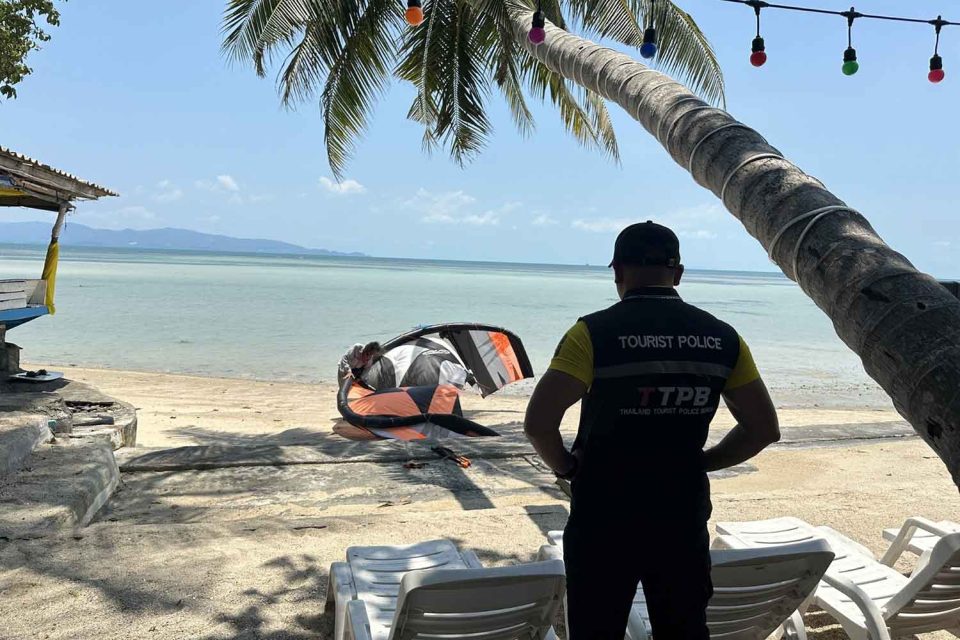The new administration under Paetongtarn Shinawatra is showing a firm commitment to addressing illegal employment in Thailand. Although recent arrests have largely targeted undocumented workers from neighboring countries, particularly Myanmar, the crackdown is expanding to include other groups. Somchai Morakotsriwan, Director General of the Department of Employment (DOE), highlighted a heightened focus on “western” foreigners working in professions reserved for Thai nationals, such as tour guides, barbers, masseurs, and online sellers.
Dealing with illegal workers is a joint responsibility of the DOE and immigration police. Labour officials primarily investigate large businesses employing migrant workers, while immigration focuses on enforcing alien laws and targeting individuals without proper authorization. Over the past few weeks, illegal workers have been discovered in various sectors across Thailand, including restaurants, coconut farms, factories, and construction sites. In Pattaya, efforts have focused on illegal labor at condominium construction sites.
Earlier this month, Chonburi immigration officers raided properties in Pattaya where 20 Chinese nationals were running online gambling operations and offering illegal loans with exorbitant interest rates. The authorities seized numerous computers, mobile phones, and other equipment. Additional arrests have included Russian taxi drivers in Phuket, a Ukrainian manicurist, a Japanese tour guide in Chiang Mai, a French chef in Bangkok, and a British DJ in Pattaya.
Most individuals found guilty by Thai courts face deportation. Migrants from neighboring countries are typically sent home via bus or truck, while those from farther away remain in jail until funds for a one-way flight are secured (not paid by Thai authorities). Blacklisting is common in these cases. Immigration officials credit new technology with improving enforcement. Police Lieutenant General Sompong Chingduang noted that Thailand’s biometric system can now read passport chips to detect irregularities in facial features.
Additionally, an immigration spokesperson shared that Thailand is working towards an integrated system of travel authorizations, electronic visas, and visitor databases, which would streamline enforcement. While the government has announced plans to improve visitor and visa facilitation by 2025, a working group focused on reducing the number of non-immigrant visas has yet to present its findings. Non-immigrant visas currently cover categories such as retirement, family, medical tourism, and sports training, all under the Destination Thailand Visa program.




